TREATMENT TAILORED TO YOU
Healing from trauma is an individual process and can look different for everyone. Collectively, we have expertise in conventional and alternative treatment options as well as an open-minded approach to therapeutic approaches. At One District Therapy, we have a range of options to support your individuality, enabling us to personalize a treatment plan that fits your needs. These can be used as stand-alone treatments or used to complement each other. We work with children (8+), adults, and couples.
Our therapists provide the following treatment options:
Cognitive Behavior Therapy
Cognitive Behavioral Therapy (CBT) is an effective short-term treatment for Posttraumatic Stress Disorder (PTSD) in adults, children, and adolescence. This approach is based on the idea that our thoughts, feelings, and behaviors are all connected, and that negative beliefs and avoidance behaviors contribute to PTSD symptoms. Learning to identify and challenge unhelpful patterns in our thinking and behaviors will lead to a decrease in anxiety, fear, worry, and depressed mood.
CBT focuses on thoughts, behaviors, or both. In CBT you learn to challenge unhelpful beliefs about your traumatic experience through cognitive restructuring. This does not mean “focusing on the positive.” Rather, it is about using facts to help you identify more balanced or accurate beliefs. For example, following a trauma you may believe “people can’t be trusted.” Using cognitive restructuring, you can explore the evidence that shows you that “some people can be trusted in some ways even though it may be hard to trust people.” Your therapist will never suggest that you “trust everyone.”
In CBT you learn to challenge avoidance behaviors through exposure techniques. After traumatic experiences, people often avoid feelings, memories, and reminders of what happened. This makes total sense, if something is painful or seems dangerous we want to avoid it. The problem is, we know that over time, avoidance behaviors maintain and perpetuate anxiety and depression. Exposure therapy embodies the ‘face your fears’ adage; however, in exposure therapy you are not facing your fears alone. Your therapist will help you identify situations that you are avoiding and will help you face them in a planned and safe way.

Cognitive Processing Therapy
Cognitive Processing Therapy (CPT) is a short-term, evidenced-based treatment specifically for PTSD. In CPT you will work with your therapist in a systematic way over 12 sessions; the goal is to help you address the impact of your traumatic experience on how you think about yourself, other people, and the world in general.
Experiencing trauma often leads to unhelpful ways of thinking about certain areas of life. Typical areas that are disrupted after traumatic events include safety, trust, control, self-esteem, and intimacy. These ways of thinking can maintain the emotional effects of the trauma, including anxiety, guilt, and depression.
CPT uses cognitive behavioral techniques to help you identify beliefs that have been impacted by your trauma, develop tools for evaluating whether these thoughts are accurate, and learn how to replace them with more helpful and balanced beliefs. Over the course of treatment, you gain the awareness and skills to become less stuck in these thought patterns and gain a greater ability to move forward in your life.

Prolonged Exposure
Prolonged Exposure (PE) is a short-term, evidence based treatment for PTSD. In PE you will work with your therapist in a systematic way over 8-12 sessions; the goal is to learn to decrease avoidance of trauma-related thoughts, feelings, and situations in order to live a less fearful life.
Experiencing trauma often leads to fear and anxiety, as well as the avoidance of anything that reminds you of the trauma you experienced. You may be avoiding trauma reminders by pushing away memories, thoughts, and feelings about your traumatic experience. You may also be avoiding situations, places, or people that cause anxiety or fear because they are reminders of your traumatic experience. While avoidance works in the short-term by providing relief from fear or anxiety, it actually perpetuates and maintains PTSD symptoms.
PE teaches you to gradually approach trauma-related memories, feelings, and situations that you have avoided since your trauma. Through exposure, you can build a level of comfort and a feeling of safety in situations that now seem too dangerous or anxiety provoking to face. Additionally, memories of your traumatic experience will lose much of their power, will come to mind less frequently, will cause less intense anxiety or distress when they do. Overall, your traumatic experience will lose it’s grip and you will feel more confident in engaging in your life.

Somatic Experiencing®
Somatic Experiencing® (SE) is a holistic approach which examines your whole being including your body, mind, spirit, and emotions. We know that past traumas can be trapped in your body. SE integrates concepts of neuroscience with body awareness and mindfulness practices in order to explore how those traumas manifest in your whole body. In SE you will learn to restore your nervous system's ability to self-regulate rather than respond with chaos, anxiety, or numbness to internal or external trauma reminders.

Guided Imagery
Guided imagery is a focused visualization practice used to manage stress and to promote relaxation. In guided imagery, your therapist will guide you to focus on images, using all of your senses, in order to evoke feelings and images. This practice helps you move your focus away from worry, stress, and pain and to stimulate relaxation and healing through unconscious wisdom.
Guided imagery practice has a strong mind-body connection and has been shown to have both physical and emotional benefits. Overall, this practice can help you regain a sense of control and feel empowered. Through learning to influence your state of being you can slow your heart rate and respiratory rate, relax your muscles, and create feelings of calm and relaxation throughout your nervous system. Guided imagery can also reduce fear and anxiety, improve sleep, and promote healing and well-being.

The Instinctual Trauma Response™ (ITR™) Method
The Instinctual Trauma Response™ (ITR™) is an evidence-supported therapeutic approach that can help you heal from your traumatic experiences by giving traumatic memories order, verbal coding, historical context, and an objective, third person view.
ITR can help you work with your internal landscape of "parts" frozen in time, explore your beliefs, and examine your behaviors by processing your experience in a non-verbal narrative. Using ITR, your therapist will help you foster resilience and heal from your traumatic experiences.

Written Exposure Therapy
Written Exposure Therapy (WET) is a brief, 5-session, evidence-based treatment to help you recover from posttraumatic stress symptoms. WET is an exposure based treatment, and involves writing about your traumatic experience under clinical guidance, using a structured format. Your therapist will be there with you as you write your trauma narrative during the treatment session. The goal is to help you confront your traumatic memories in a controlled, therapeutic environment.

Mindfulness
Mindfulness is a practice of non-judgmental awareness of thoughts, feelings, and bodily sensations as they arise, moment-to-moment. It is our basic ability to be fully present in this moment. You already do this at times, but through a mindfulness practice you can learn how to live more fully in the moment, without the need to avoid or distract from our present experiences.
Mindfulness has benefits for trauma survivors and can be used as a stand alone practice or incorporated into therapy. Through a mindfulness practice you can learn to enhance present-moment awareness, increase self-compassion, and strengthen your ability to self-regulate.
Being present after experiencing trauma is not easy. It can sometimes be painful or overwhelming when mindfulness evokes trauma-related thoughts, sensations, or emotions. At One District Therapy, your therapist will guide you and work within your "window of tolerance" so you can learn to manage challenging feeling states rather than being propelled into overwhelm.

Integrative Restoration (iRest®)
Integrative Restoration (iRest®) is a 10-step mindfulness meditation practice that is easy to learn and that can support you tapping into your inherent resilience. iRest® can facilitate a reduction chronic pain, sleep problems, depression and anxiety, and post-traumatic stress disorder.
With regular iRest® practice, you will be able to meet each moment of your life with a sense of peace and wellbeing.

Dialectical Behavior Therapy (DBT)
Dialectical Behavior Therapy (DBT) is an extensively researched therapy model and is often described as a life-saving therapy. It is based on cognitive behavioral principles and the different therapy components are found to be effective with children, adolescents, and adults experiencing a wide range of mental health conditions, including Posttraumatic Stress disorder (PTSD), suicidal and self-harming behaviors, depression, and emotional regulation difficulties.
The focus of DBT is to help you regulate emotions by teaching you skills to help you manage emotional difficulties and to decrease your suffering. DBT skills teach helpful behaviors so that you can solve problems, change how you feel, and ultimately help you to move forward with your life in the way that you choose.
DBT works because it teaches you skills to manage distress in your everyday life and to help you to build a life that you experience as worth living. Here, your therapist will work with you on focused strategies to help you express and experience difficult emotions, feel more effective in your relationships, make choices that enhance your wellbeing, and lead to more joy in your life.



